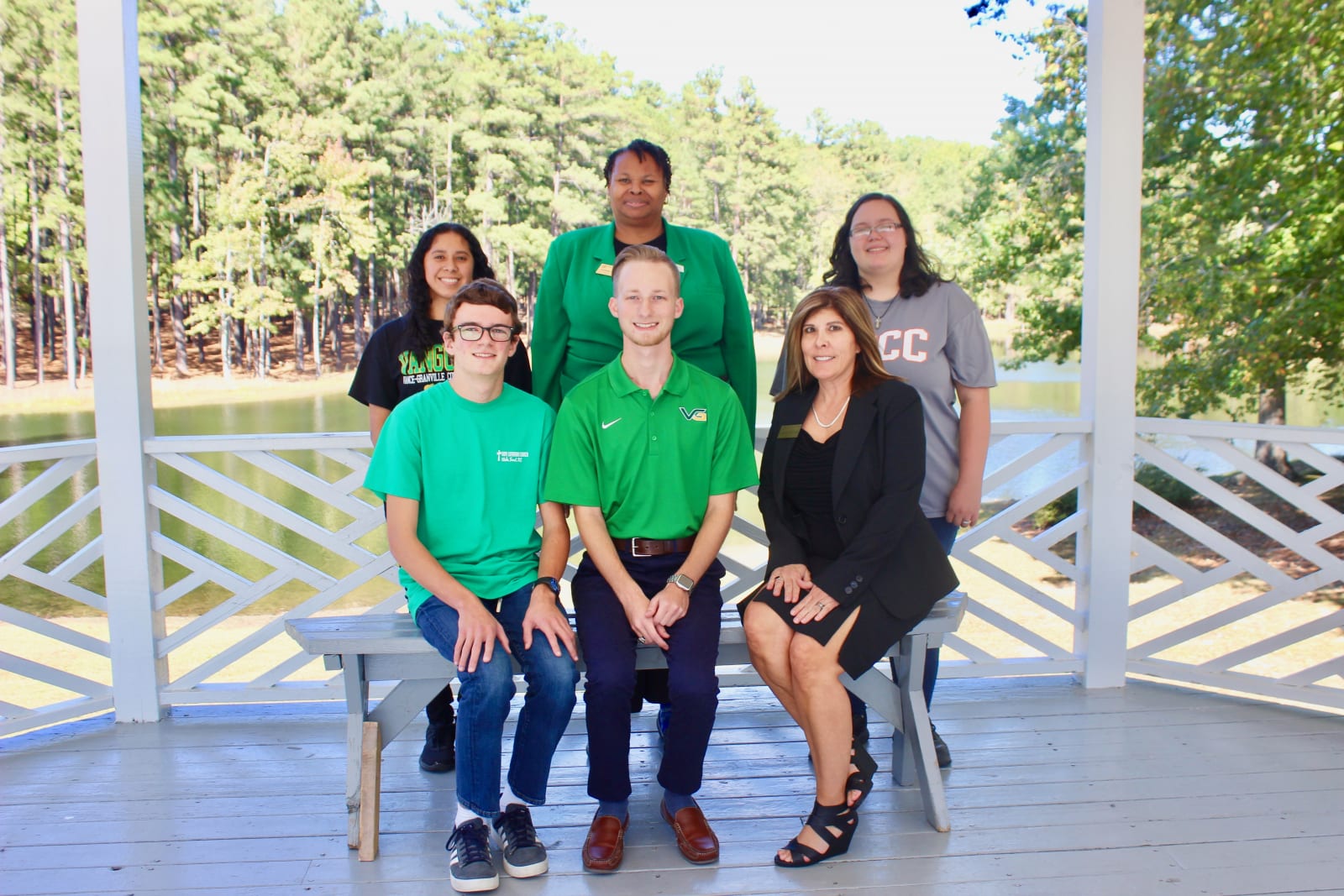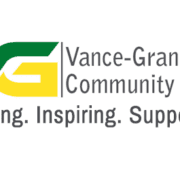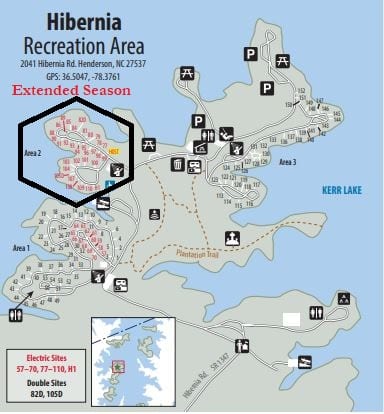100.1 FM / 1450 AM WIZS; Local News broadcasts M-F 8am, 12pm, 5pm
-Press Release, Kerr Lake Park Watch
It’s been a long time coming and it’s only a little over a month, but in the immortal words of Fred Flintstone, “YABBA DABBA DO!” That’s the reaction to this week’s announcement by NC State Parks & Recreation that the camping season at Hibernia will be extended for the first time.
Kerr Lake is getting its first west bank winter (actually late fall) camping in an NC State Recreation Area. Winter camping has previously been restricted to certain areas of Nutbush and Satterwhite, but for the first time Hibernia’s Area 2 will be open this year until December 1. Hibernia usually closes around October 25 and reopens between March 15-20.
Campers may call Reserve America or go online to book. For nine years Kerr Lake Park Watch has advocated extending the camping seasons as more and more RV’s are equipped for cold-weather camping. You can see the extended camping area in the map below.

“We see this as the tip of the iceberg,” said a jubilant Frank Timberlake, Lead Public Affairs for Kerr Lake Park Watch, “and additional camping time should be added. We agree with state parks folks that December could be slow, so why not add a month earlier in the Spring. We hope the state will publicize this; we surely will.”
Kerr Lake Park Watch Steering Committee member Larry Matthews added, “It’s refreshing and rewarding to know that our state parks leaders are hearing and responding to the campers or moreover to the pleas of their customers; and customers we are because while there may be some tax revenues involved, we pay for every stay.”
Kerr Lake Park Watch has maintained that the salaries for rangers, maintenance and support staff for the seven state recreation areas go year-round, so more of the parks should be open for longer seasons. Campers continue to want more; and in some cases, demand or pass campgrounds by, that don’t build and rehab sites for RV’s with eight-foot bodies, three-foot slides, and eight-foot awnings with at least water and 50-AMP electrical service.
More and more of the RV’s today have enclosed bellies, heated lower sections and even heated water, sewer and grey water tanks. The folks who own those RV’s are looking for close-by facilities for “winter escapes,” not to mention there’s the added bonus of promoting and seeking out tourists passing through the Kerr Lake region.
“This is a long-awaited event for those of us who have winter-camped at Kerr Lake for many years, to now have another option on the west side of the lake,” commented long-time Kerr Lake Park Watch Steering Committee Member Tom Elmore, who’s camped at Kerr for over fifty years. “There are those of us who know the value of Hibernia and believe that this change will be an exciting opportunity for both the campers and the park system, plus the local businesses. On a personal camping basis, being year-round campers, we’ve been limited in the past and have not stayed, and get this, spent money locally, as much as we’ve wanted to.”
Timberlake added, “I would think that the tourism people in Vance and Warren, and even Granville counties would see what a monumental occasion this is as the park seasonal operations haven’t been changed or upgraded with the times in decades. It’s a small step, but certainly one in the right direction, and just 300 or so extra tourists in the area can really add to the community coffers.
I would think that some regular hours at the entrance station will need to be held, maybe at all three parks with extended seasons. Hopefully, we should be fairly cool in November, but in a recent stay, I had nine campers tell me that they could not buy stacked firewood at the entrance station because no one was there.”
Pointing to continued needed improvements, Timberlake, who’s been visiting many of the parks since he was a young child and camping at the SRA’s since he was 14, said, “The next thing we need to do at the seven state recreation areas is to standardize the open/close times for the gates. The other day a seasonal employee told me the gates closed at 10 p.m. Luckily, we were back before 9 p.m., where shortly after the camp host told us that the gate closed at 9 p.m. Mishaps like that can cause problems for staff and certainly inconvenience visiting customers of the parks, possibly leading to bad reviews and no returning campers.”
“We’ve had numerous requests for extended camping, so here it is,” said Timberlake.”If we get a high response, we can see getting the Division of State Parks to extend more time in more parks. Please share this new extended camping season with your Kerr Lake friends!”















